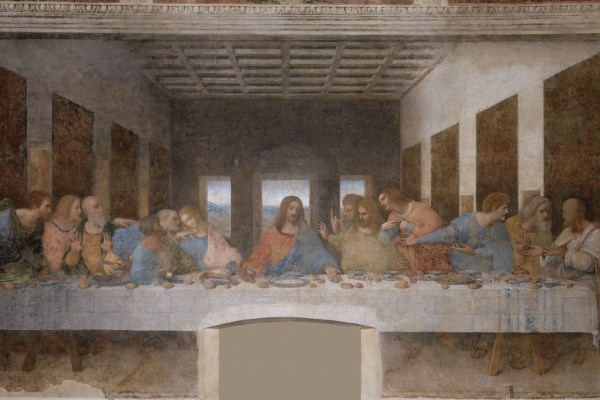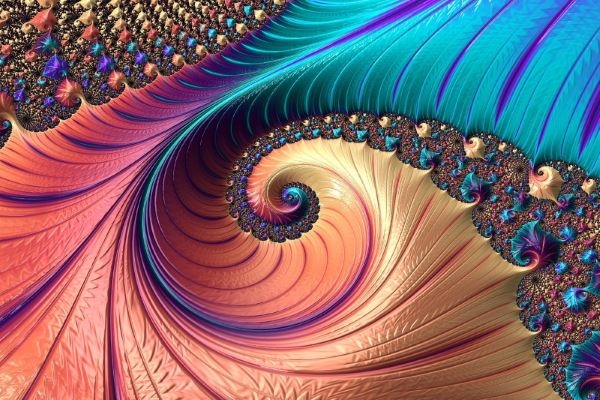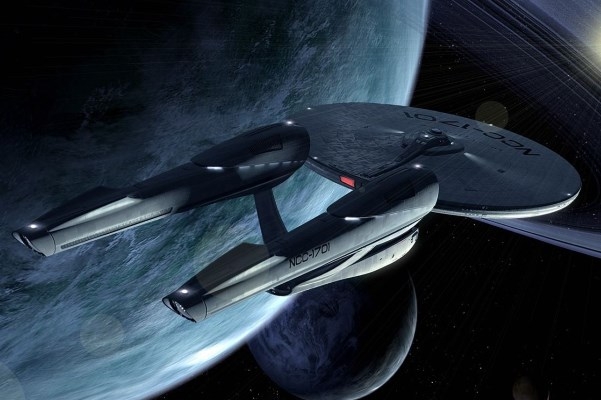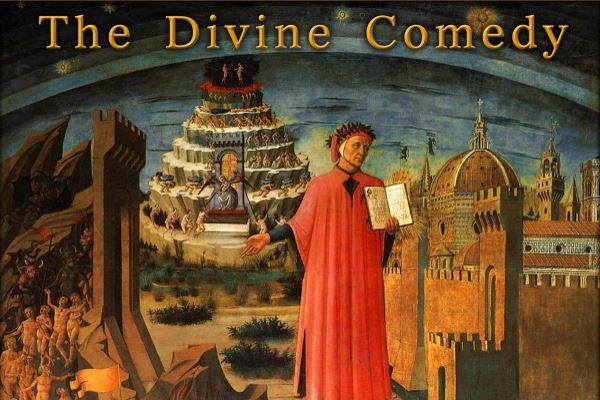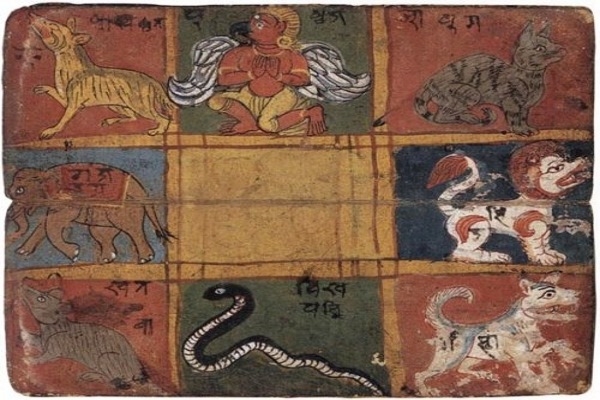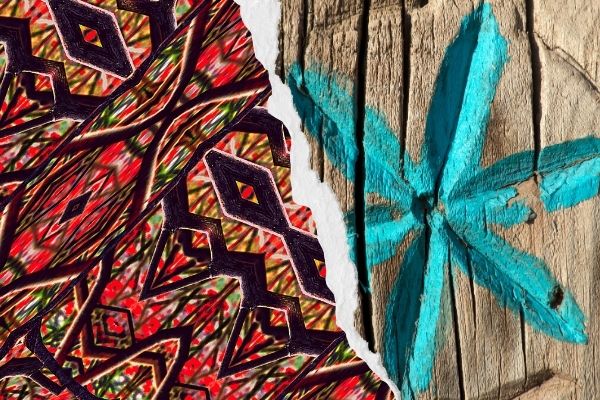
A Change in Meaning – Complexity in Astrology
In modern astrology as compared to traditional there is a change in the number of planets – you go from the seven in traditional to nine (or ten if you still count Pluto) modern planets. In addition, many modern astrologers also include various asteroids, dwarf planets and other significant points. This is not just a simple adding of a couple of points to a set. Changing the number of points changes how we perceive the whole set, how we work with it.

